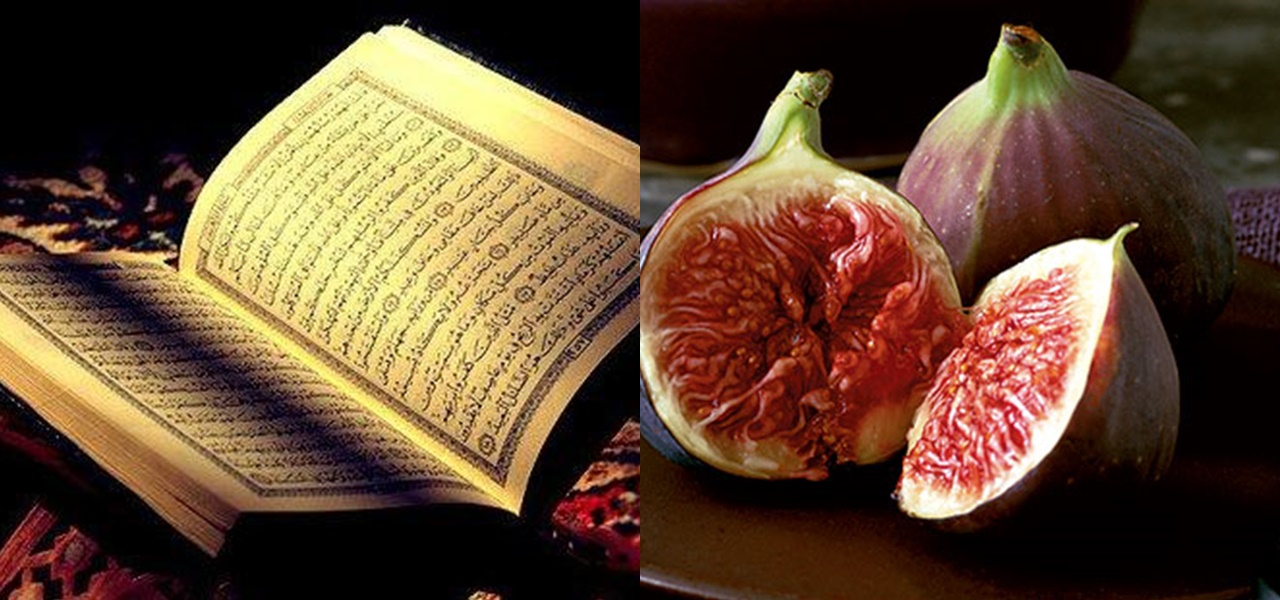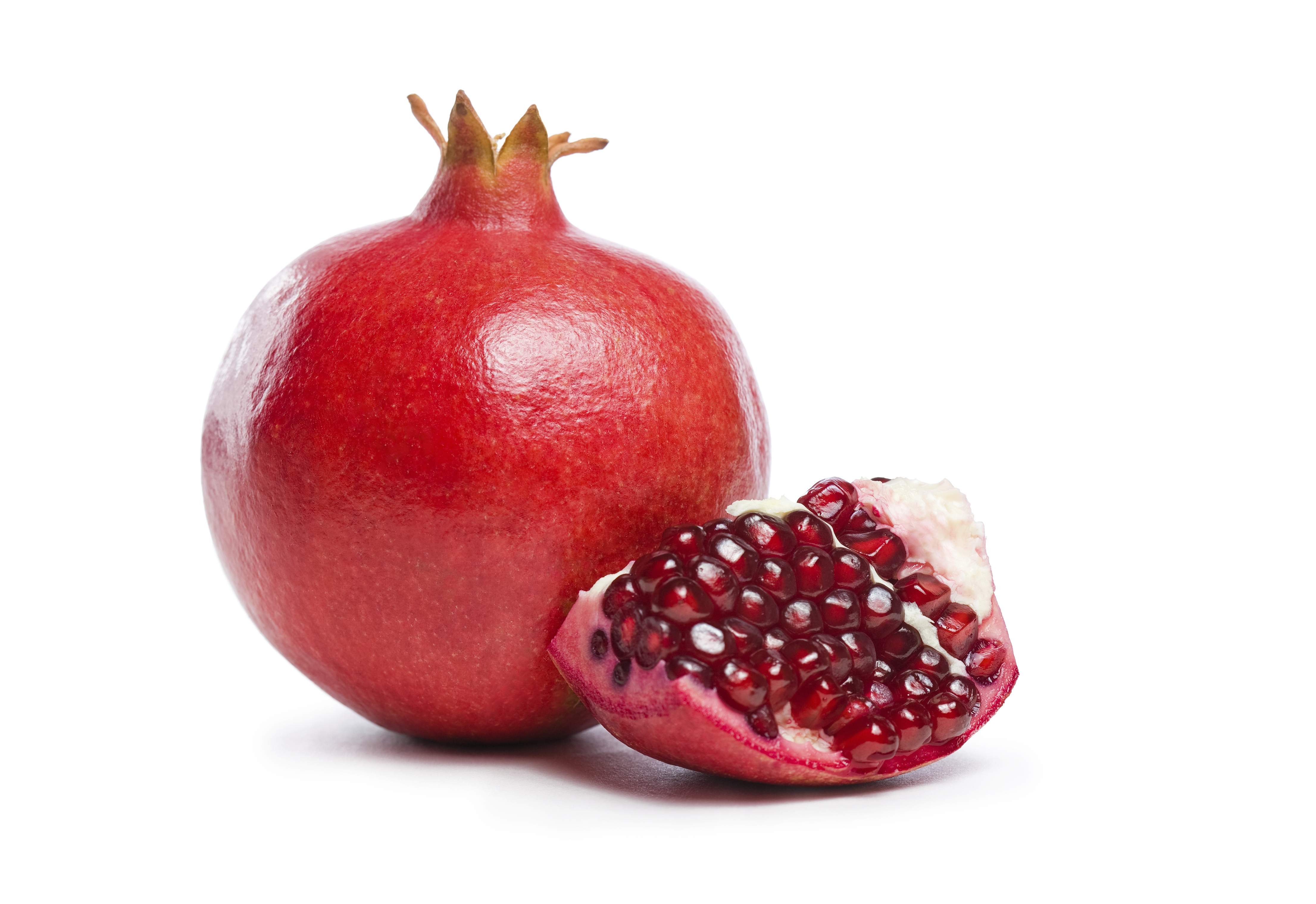The Holy Quran has the complete code of conduct for the Muslim ummah. 1400 years ago, the matters that are pertaining today were discussed by Allah Almighty and spread by our Prophets and their followers. Regardless of how quickly the time is passing, science today agrees upon the various benefits stated in the Quran and sunnah for the betterment of humankind.
Islam has touched every significant matter under the light of educating the ummah. From social to religious behavior – from domestic behavior with friends and family to ways of doing proper business, Allah has given the perfect lessons to the ummah.
[adinserter block=”3″]
Keeping every walk of life in perspective, the Quran and Hadith highlights 6 fruits that are beneficial for humans to consume.
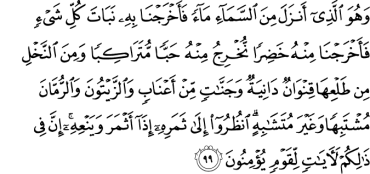
Quran Tutor
“He sends down water from the sky from which We bring forth growth of every kind, and from that We bring forth the green shoots and from them We bring forth close packed seeds, and, from that spathes of the date-palm, date clusters hanging down, and gardens of grapes and olives and pomegranates, both similar and dissimilar. Look at their fruits as they bear fruit and ripen. There are signs in that for people who believe.” (6:99)
1. Bananas – A Fruit of Blessings
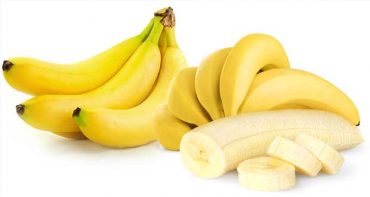
medicaltoday.com
Stated in the Quran, “Amid thornless lote-trees, and banana-trees (with fruits), one above another, and extended shade, and water flowing constantly, and abundant fruit, neither intercepted nor forbidden.” (56:28-33)
2. Olives – The Relish Fruit
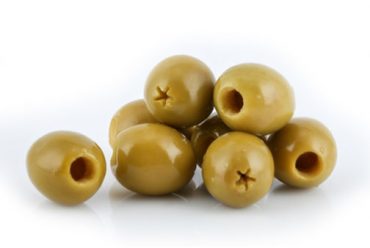
olivesfromspain.us
Both, the Hadith and the Holy Quran mention the importance of consumption of olives. According to the Quran:

Quran Tutor
“And a tree (olive) that springs forth from Mount Sinai, that grows oil, and (it is a) relish for the eaters.” (23:20)
On the other hand, the Prophet Muhammad (SAWW) stated:
“Eat the oil and use it on your hair and skin, for it comes from a blessed tree.” (Tirmidhi)
[adinserter block=”3″]
3. Dates – The Fruit of Deserts
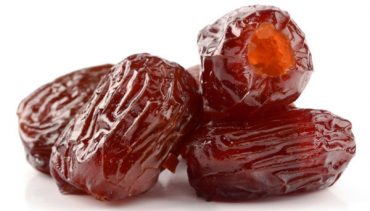
stylecraze.com
The importance of dates is known to every practicing Muslim. Both, the Quran and the Hadith have shed light on the importance of dates. According to Quran:

Quran Tutor
“In the earth there are diverse regions side by side and gardens of grapes and cultivated fields, and date-palms sharing one root and others with individual roots, all watered with the same water. And We make some things better to eat than others. There are Signs in that for people who use their intellect.” (13:4)
Narrated by Hazrat Abdullah bin Umar (RA), the Prophet Muhammad (SAWW) stated:
“There is a tree among the trees which is similar to a Muslim (in goodness). Its leaves do not fall. What is that tree? The Prophet (PBUH) himself said, “that is the date palm tree.”
The goodness of dates is said to be the goodness in Muslims.
4. Grapes – the Fruit of Gardens

medicalnewstoday.com
On various occasions, dates and grapes are mentioned in holy Quran side by side.

Quran Tutor
“By means of it, We produce gardens of dates and grapes for you, in which there are many fruits for you and from which you eat.” (23:19)
5. Pomegranates – A Fruit In Garden of Jannah
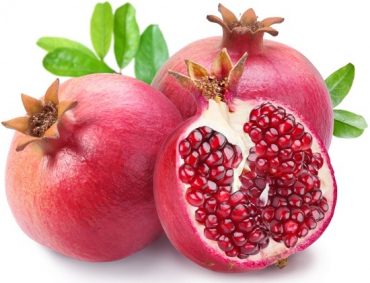
pomegrantes.org
According to Prophet Muhammad (SAWW):
“There is not a pomegranate which does not have apip from one of the pomegranates of the Garden (of Jannah) in it.” (Narrated by Anas bin Malik)
6. Figs – The Seedless Fruit
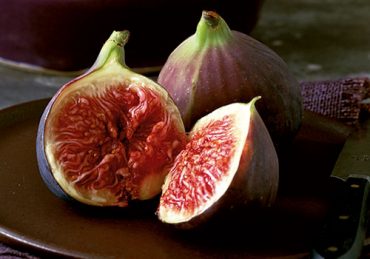
bbcgoodfood.com
As mentioned in the Holy Quran, Almighty swears by figs and olives:
“By the fig and the olive and the Mount Sinai and this safe country (Mecca)! Indeed, We created human with the fairest stature.” (95:1-4)
The Prophet Muhammad (SAWW) said:
“Eat figs! If I would say a certain type of fruit was sent down to us from the heavens I would say it’s a fig because it has no seeds. It ends the piles and is useful for rheumatism.”(Narrated by Abu Darda [RA])
A healthy diet is always recommended in Islam and the life of the Prophet Muhammad (SAWW) also proved this. In the light of this subject, consuming these fruits remain fruitful for humankind.

